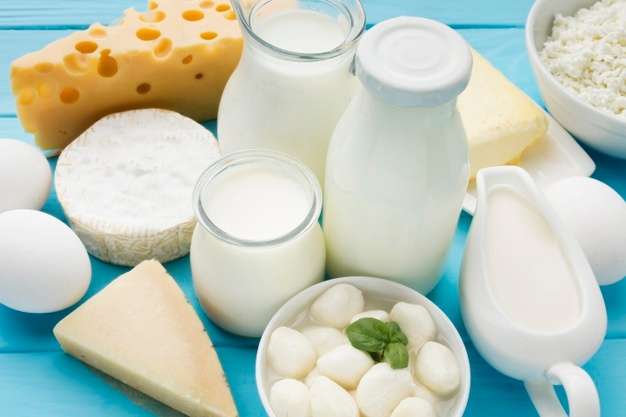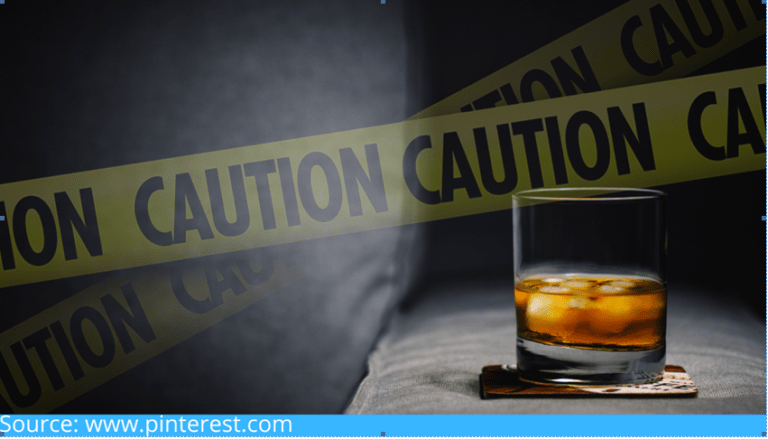You should thank your gallbladder every time you digest a meal. It is only around four inches long, but it’s large enough to accomplish its job: concentrate bile from your liver and release it into your small intestine to help break down food.
You will notice the symptoms immediately if it becomes inflamed or develops polyps or gallstones.
Pain in the upper right part of your belly, diarrhea, nausea, bloating, and light-headedness are all evidence of gallbladder disease.
Dr. Harsh Sheth, an expert GI laparoscopic and bariatric surgeon in Mumbai, can help if you are experiencing any of these symptoms. He provides a comprehensive examination, makes an accurate diagnosis, and recommends the least invasive treatment alternatives.
Gallbladder disorder may react well to medicine and lifestyle modifications in some circumstances, but in most cases, it’s best to have your gallbladder removed to alleviate the symptoms entirely. The procedure is known as a cholecystectomy.
Dr. Harsh Sheth has performed thousands of gallbladder surgery in Mumbai, which can also be accomplished through laparoscopy. He is considered one of the leading surgeon for gallbladder and bariatric surgery in Mumbai.
He consults in some of the top hospitals in the city, and you can schedule an appointment with him if you suffer from the above symptoms.
If you have undergone gallbladder removal surgery, you will likely notice changes in your digestion and may need to make a few adjustments after that.
Your liver will continue to produce enough bile after surgery, but you may have difficulties processing fatty foods — at least for a while. More than half of gallbladder removal patients have difficulty digesting fat.
Dr. Harsh Sheth, an experienced GI laparoscopic and bariatric surgeon in Mumbai, offers few suggestions for avoiding gallbladder removal discomfort:
1. Reintroduce foods into your diet slowly.
Stick to clear liquids, broths, and gelatin for the first few days after surgery. After that, slowly reintroduce solid foods into your diet.
2. Stay away from fried foods and eat in smaller portions.
You should avoid high-fat foods, fried foods, foods that cause gas or have a strong smell. Eat smaller, frequent meals.
3. Refrain from high-fat foods to avoid pain
After gallbladder surgery, eating the wrong foods can cause pain, diarrhea, and bloating. To avoid stomach distress, stay away from foods heavy in fat or spice, such as butter, pizza, high-fat meats, whole milk, chocolate, cheese, etc.
Fat calories should not account for more than 30% of your daily calories. That means a total fat content of no more than 3 grams per serving.
4. Reintroduce high-fiber foods one at a time
You can begin to reintroduce fibrous items to your diet after surgery but do so gradually. You may have bloating, cramps, and diarrhea if you consume too much fiber, including leafy vegetables, grains, nuts, and legumes.
5. Maintain a food diary

Keeping a food diary after surgery is an excellent idea. It will allow you to track what you consume and how it affects your body. This will assist you in determining what you can and cannot consume easily.
Within a month of surgery, most people can resume their regular diet. However, if you have any of the following symptoms, consult your doctor:
- Excessive nausea or vomiting
- Severe abdominal pain that lingers, or worsens
- Jaundice
- No motions for more than three days after surgery
- Unable to pass gas after surgery for more than three days
- Diarrhea that persists after surgery for more than three days
These changes should help you feel more at ease after surgery. Please be aware of your tolerance for fats and high-fibre foods, particularly healthy fats, as time passes on.
Additional suggestions
Following gallbladder removal surgery, a few dietary changes can help you recover more quickly and smoothly. Since you don’t have a gallbladder, you’ll have trouble digesting dairy and meat, so give preference to a vegetarian diet. Further, maintain a healthy weight by exercising, which also assists in digestion.
Everything will be fine.
The good news is that some of the food restrictions will only be necessary for a few weeks or months after your operation. Consider continuing your new diet if you want to improve your general health and digestion in the long run.
The modifications suggested above by Dr. Harsh Sheth, such as integrating low-fat options and increasing fibre in your diet, will significantly benefit you and lower your risk of digestive problems.
If you are suffering from gallstone pain and discomfort, call to schedule an appointment with Dr. Harsh Sheth, an ace surgeon for gallbladder and bariatric surgery in Mumbai.

